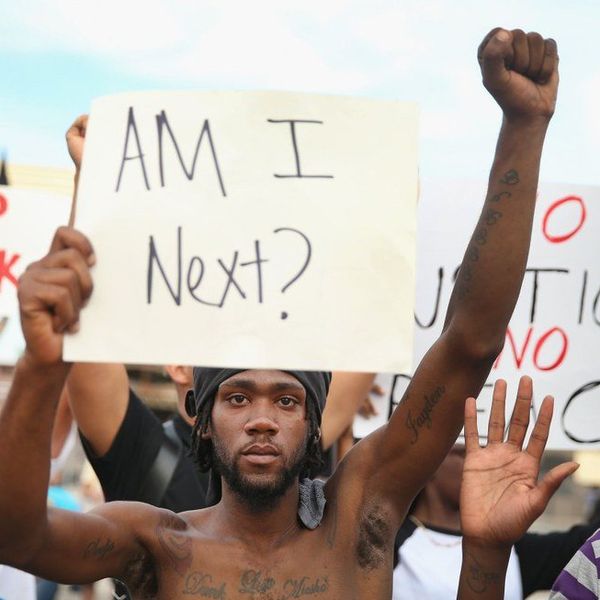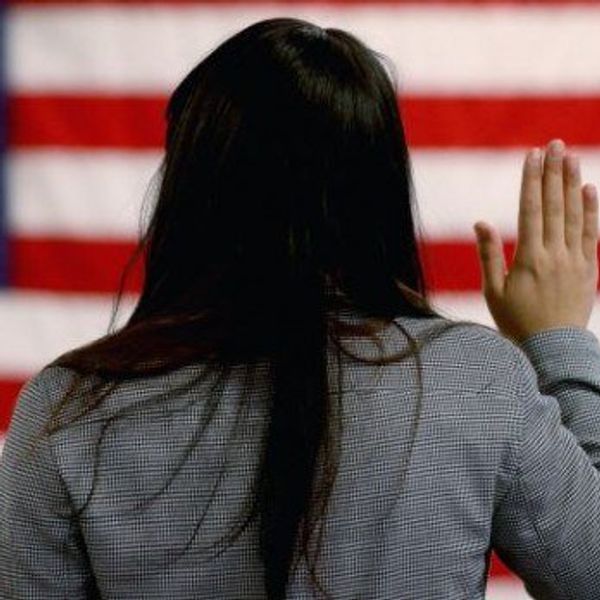In 2005, Brendan Dassey was wrongfully accused of murder when he was 16. Like a lot of other people in this country, I learned of this atrocity, not through the news or the veracity of the justice system in our country, but by watching the "Making A Murderer" documentary on Netflix. And like most, I was appalled.
I don’t know a lot about our justice system, how it is run, what has to happen for something to be considered “submissable,” etc. But I do know wrongdoing when I see it. Most people do. Netflix knows this and made sure we would be outraged.
Thankfully, Dassey is being released this week, after spending ten years behind bars for a crime he didn’t commit — a crime he didn’t even understand. One of the reasons Dassey was so wrongfully accused is because he was coerced during questioning. His lawyer was not present, his mother was told not to be there, and Brendan Dassey, a low-performing high school student, was made to feel like he always had the wrong answer. His uncle, Steven Avery, had already served time for a crime he did not commit, but the town in which they lived was reluctant to give Avery a fair do-over on life.
Brendan Dassey and Steven Avery were already considered outcasts in their small Wisconsin town. They and their family were unliked, uncared for, and therefore easily dismissed as violent criminals when the justice system failed them. They were wrongfully accused, assumptions were made,and the fuzzy details became fact in the small minds of a small town.
This situation has raised a lot of questions for me. First, if innocent people can go beyond misunderstood and mistreated in our society and straight to hardened criminal status simply because they are not liked, what hope do any of us have? Somewhere along the way, we are all bound to offend someone somewhere, even if it’s done unintentionally. It shouldn’t matter how much power, clout or status that person holds. All that should matter is whether or not we have committed a crime. Where do we place our hope? In other people’s opinions of us? In a local justice system based on hearsay? In our own intelligence? Can we see the injustice around us and decide to seek a God that holds our future in His hands, that will save us from the darkest nights and most unjust situations? Or do we only stand for and defend people that make us feel comfortable? Can we stand for and defend those around us that are unable to do this for themselves, or are we becoming a society of haves and have-nots? Many people are coming out of the woodwork to defend this poor family- people who have nothing to do with them, the victim or the police investigation. These are just outraged citizens that know injustice when they see it and are willing to take a stand. How do we handle messy injustice- the kind that affects people we’d rather not think about?
Our constitution begins with the phrase “We the people…” This includes those who need defending, those who live simply and don’t bother other people, those who do not have the capability of completing that sentence. “We the people…” includes people that don’t fit in. When confronted with a breakdown in the system, can we be the encapsulation of the values we, as a nation, stand for? Will we unite and defend the ones that cannot defend themselves? Because they are We, the people.





















